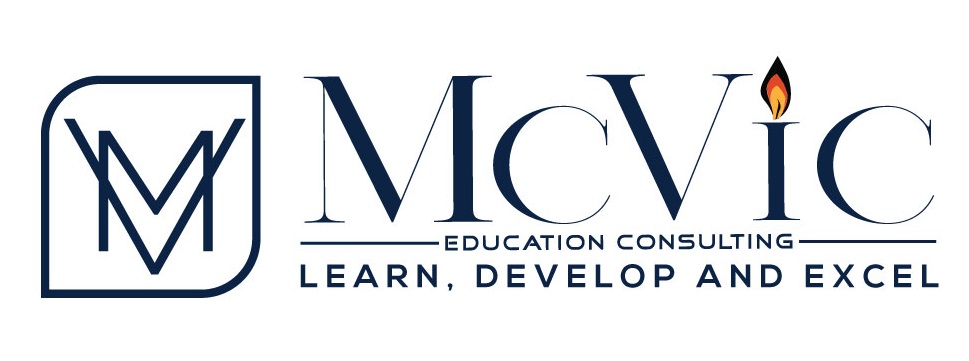Colleges and Universities in Canada

What is a college in Canada?
In Canada, a college describes the type of higher education institution that offers job-related, career-oriented programs. Colleges
typically offer certificate, diploma, and applied degree programs, which are planned to prepare students for specific jobs or industries. These programs often focus on hands-on learning and practical training and may include intenships or co-op opportunities to give students actual field experience.
Colleges in Canada provide an important route to post-secondary education for individuals who want to pursue a career-focused program and gain useful skills and experience in their chosen field. These are inexpensive and affordable options for many students and can lead to rewarding careers in a variety of industries.
Canadian Colleges are sometimes referred to as “community colleges” or “technical institutes.” They offer a wide range of programs in fields such as business, technology, health sciences, social services, and trades. Some colleges may also offer academic upgrading programs to help students meet the admission requirements for university programs. In addition to vocational programs, colleges in Canada may also offer continuing education and professional development courses for individuals who want to advance their skills or progress their careers. These courses can be offered part-time or online to fit the schedule of working adults.
What is a university in Canada?
In Canada, a university is a type of post-secondary institution that offers academic programs leading to bachelor’s, master’s, and doctoral degrees. Universities in Canada are renowned for their academic rigor, opportunities for research, and wide variety of programmes in several academic subjects.
In addition to established academic programs, universities in Canada also offer research prospects for students and faculty. Many
universities have research centers, institutes, and laboratories where students can participate in research projects and gain applied
experience in their field. These research opportunities can lead to important discoveries and improvements and provide students with
beneficial skills and knowledge that can be applied in their careers.
Admission to universities in Canada is often competitive, with high academic standards and requirements for standardized test scores and extracurricular activities.
Universities in Canada often provide a greater variety of programmes and offer a wider range of programs. They may have faculties or schools within the university that are dedicated to specific areas of study, such as medicine, engineering, education, and law. Numerous academic disciplines may be combined in transdisciplinary programmes offered by some universities.
Overall, universities in Canada provide an exciting and gratifying academic experience for students who are interested in pursuing a higher level of education and developing advanced skills in their chosen field. They offer a wide range of programs, research opportunities, and academic resources to support students achieve their goals and prepare for successful careers.
Differences between College and University in Canada
First and foremost, the principal distinction between colleges and universities in Canada is their focus and the sort of programs they
offer. Colleges ideally offer more vocational, or vocation orientated programs, like diploma, certificate, and applied degree programs. These programs are usually designed to prepare students for a specific job or industry and may include practical, hands-on training. On the other hand, universities provide a greater number of academic programs, including bachelor’s, master’s, and doctoral degrees. These programs are intended to prepare students for careers requiring a higher level of education and to provide them with a broad range of knowledge in a particular field.
Second, there are some sort of variations in tuition and fees between Canadian colleges and universities. For example, when compared to universities, college tuition tends to be less expensive, making it more accessible to students with limited financial resources. Nevertheless, some programs in colleges might have extra charges for equipment and materials for the learning. On the other hand, universities have higher educational costs, yet they may offer more awards, scholarships and grants.
Thirdly, the admission requirements for Canadian colleges and universities can vary significantly. College admission requirements are
typically less stringent than those for universities, and for some programs, only a high school diploma or its equivalent is required.
However, students typically need to have successfully completed a certain number of courses and maintained a minimum grade point average (GPA) in order to be considered for admission to a university. Students may also be required to take an entrance exam or submit their standardized test scores or take an entry examination.
Fourthly, the class sizes and teaching styles in colleges and universities can also differ. Colleges tend to have smaller class sizes,
with more opportunities for one-on-one interaction with instructors and hands-on learning experiences. This can be beneficial for students who prefer a more personalized approach to learning and may benefit from more individual attention. Universities, on the other hand, often have larger class sizes and a more lecture-based teaching style. This can be beneficial for students who thrive in a more structured and formal learning environment and may enjoy the challenge of more rigorous coursework.
Fifthly, college and university students’ academic and professional outcomes may also vary. Graduates of university programs may be better prepared for more advanced or specialized positions, whereas graduates of college programs may be better prepared for entry-level positions in their chosen field. Moreover, college graduates might have a higher procuring potential and more prominent open doors for professional success over an extended time.
Finally, colleges and universities are often used interchangeably, but there are huge differences between the two that future students
ought to know about while thinking about their post-secondary choices of education. All these notwithstanding, the choice of attending either a college or university will be based on the students’ goals (e.g., career, academic), preferred learning approach, and financial conditions.
Do you have any questions about your choices of applying to a college or university in Canada? Our consultants can help you in clarifying the best option for your need. Kindly send us a message through the webform on our website at https://mcvicedu.com/student-supports-to-success/
